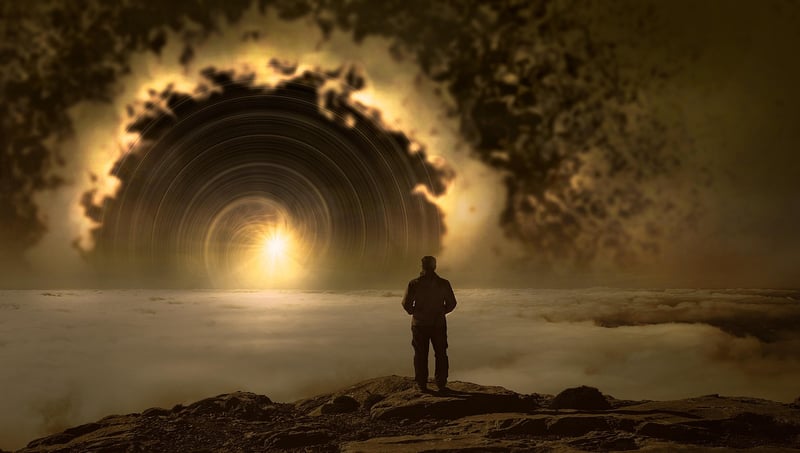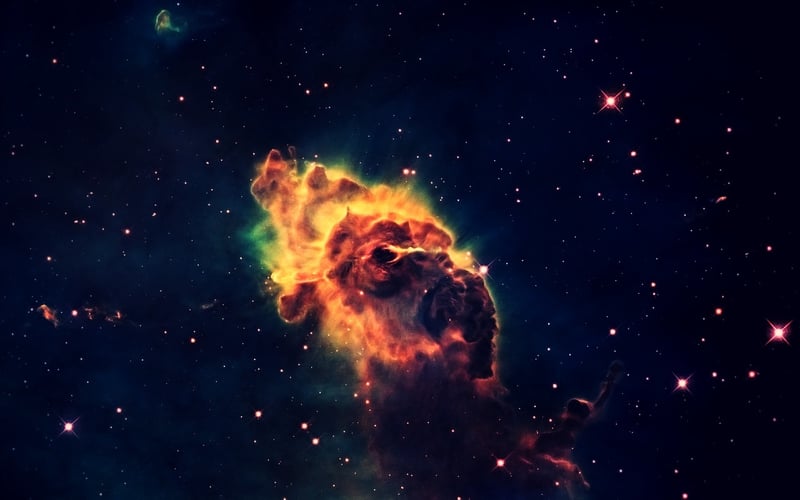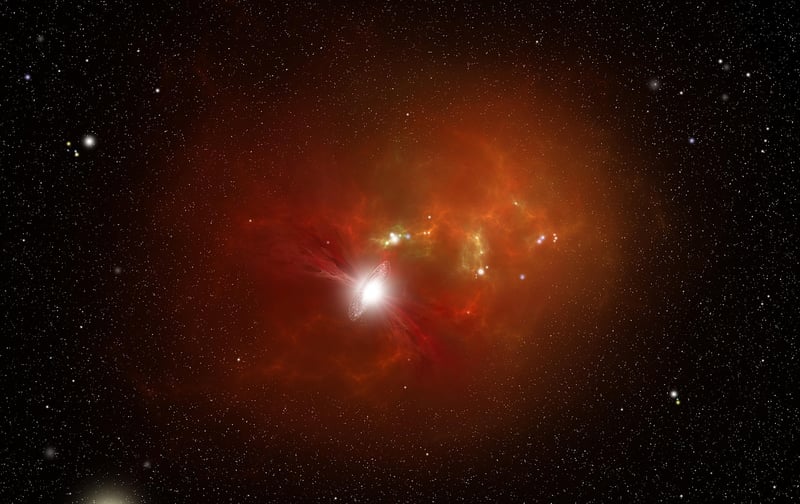Gravitational Waves
The Marvel of Gravitational Waves: Awe-Inspiring Events in the Universe
Gravitational waves, ripples in the fabric of spacetime, are one of the most fascinating phenomena in modern astrophysics. These waves are produced by some of the most violent and energetic processes in the universe, leading to awe-inspiring events that continue to captivate scientists and enthusiasts alike.
What are Gravitational Waves?
Gravitational waves are disturbances in the curvature of spacetime that propagate as waves, traveling outward from their source at the speed of light. They were first predicted by Albert Einstein in his general theory of relativity in 1915 and were directly detected for the first time in 2015, opening a new era of gravitational wave astronomy.
Events that Produce Gravitational Waves
Gravitational waves are generated by cataclysmic events in the universe, such as the collision of black holes, neutron stars, and supernovae explosions. These events release an incredible amount of energy in the form of gravitational waves, providing valuable insights into the nature of these phenomena.
1. Black Hole Collisions
When two black holes orbit each other and eventually merge, they create intense ripples in spacetime, emitting gravitational waves that can be detected by sensitive instruments on Earth, such as the LIGO and Virgo detectors.

2. Neutron Star Collisions
Neutron stars are incredibly dense remnants of massive stars. When two neutron stars collide, they produce gravitational waves along with brilliant bursts of light across the electromagnetic spectrum, known as a kilonova.

3. Supernova Explosions
Supernovae are powerful stellar explosions that mark the end of a massive star's life. These events not only release vast amounts of light and energy but also generate gravitational waves that carry crucial information about the dynamics of the explosion.

Significance of Gravitational Wave Astronomy
Studying gravitational waves allows scientists to explore the most extreme environments in the universe, providing a unique window into phenomena that are otherwise invisible to traditional telescopes. By detecting and analyzing these waves, researchers can test the predictions of general relativity, study the properties of black holes and neutron stars, and unravel the mysteries of the cosmos.
Gravitational wave astronomy opens up a new frontier in our quest to understand the universe, offering unprecedented opportunities to witness the most spectacular and awe-inspiring events that shape the cosmos.
Experience the wonders of the universe through the lens of gravitational waves, and embark on a journey that will forever change your perspective on the vastness and complexity of the cosmos.
